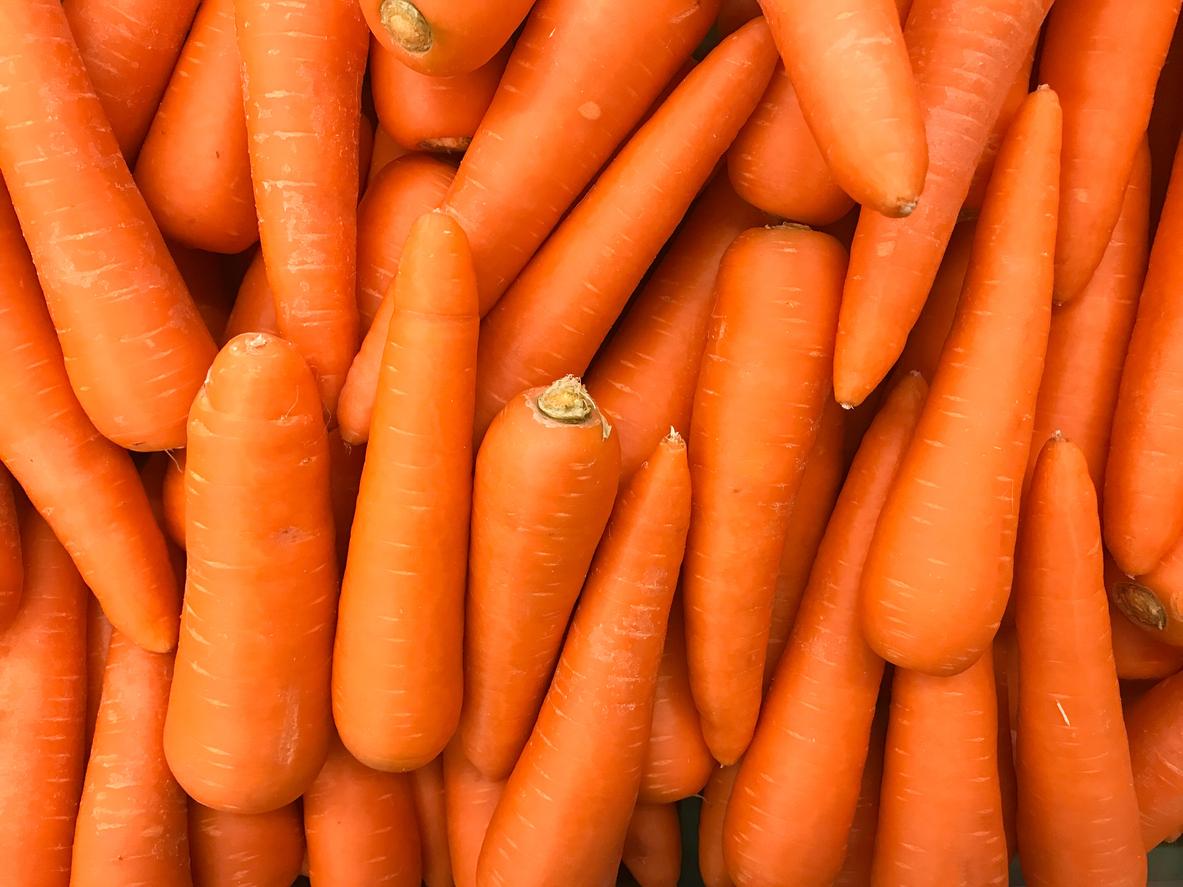Eating 5 fruits and vegetables a day keeps you healthy, it seems. But what do these products actually contain? The magazine 60 Million Consumers looked at pesticide residues in frozen fruits and vegetables, compared to their fresh or canned counterparts. Out of 134 products analyzed, the answer is unequivocal: frozen foods are the most polluted.
Fruits and vegetables are frozen immediately after picking: they are said to be healthier because their vitamins are preserved. The negative side of this immediate freezing? The chemicals are also perfectly preserved. Unlike fresh products, kept for a while in the open air, allowing chemicals to degrade.
What frozen products should you avoid?
The worst performers in this study are frozen green beans, peas, and raspberries. Raspberries are twice as contaminated as their fresh counterparts according to the study. The magazine notes that 14% of the 15 references tested contain more than 6 pesticide residues.
On 19 references of green beans, one finds chemical substances in 32% of them. However, organic products remain the least contaminated. Green beans are a good example: we find 0.1 of pesticide residues in organic, against 2.5 in non-organic.
Some fruits and vegetables are “cleaner” such as pineapple, tomatoes or button mushrooms.
Chemical substances, but no real health hazard
Patricia Chairopoulos, food specialist for 60 million consumers explains that the study detected the presence of some substances prohibited in France and in the European Union in 14 of the 134 products tested. In green beans, frozen raspberries and peas is sometimes found carbendazim, classified as a potential endocrine disruptor. Linuron (herbicide) and iprodione (fungicide) have also been found to be known endocrine disruptors.
However, the magazine 60 Million Consumers points out that these substances are in limited quantities. Contamination levels respect the limits imposed by law. The health of consumers is therefore not endangered.
Read also:
Pesticides: which fruits and vegetables are the most affected?
Pesticides harm female fertility
















